2019 has been long titled The Year of The Vegan, which led to a substantial rise in veganism among millennials.
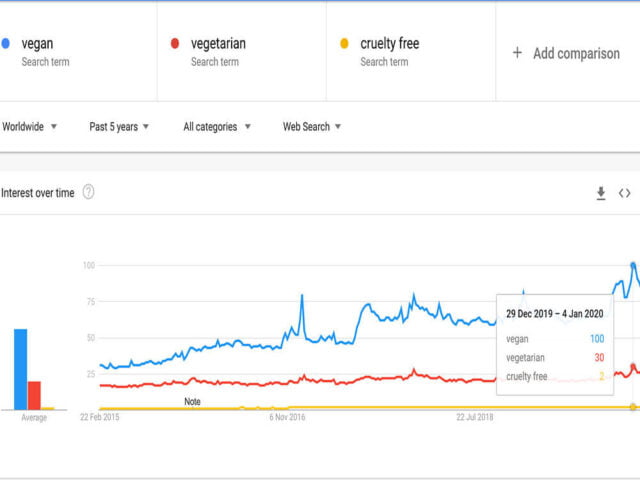
Being the torchbearers of a vegan diet, millennials have turned businesses and people towards a healthy and eco-friendly lifestyle.
But the fact remains. This plant-based diet has turned out quite differently for the agriculture industry. On certain fronts, it has even proved to disrupt the industry’s work.
Vegetarianism Vs Veganism
Plant-based substitutes have become mainstream products for quite some time now. The agro-based industry has seen a rise in the consumption of plant-based meat substitutes.
The distinction between veganism and vegetarianism is blurry for lots of consumers, and hence, I bring to you the clear difference between the two lifestyles.
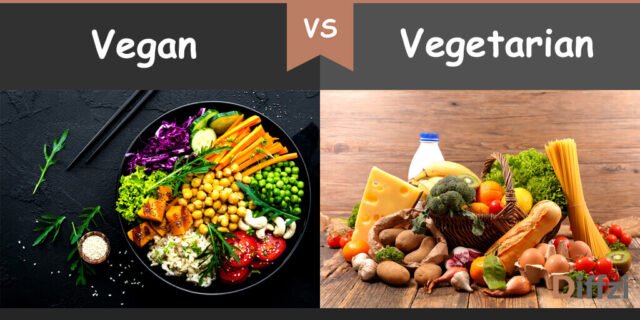
First and foremost, vegetarianism is an umbrella term, wherein veganism is a term under it. Veganism may also be referred to as the strictest form of vegetarianism.
Veganism calls for strict exclusion of any animal-derived products, meat, dairy, eggs, silk, leather, etc., all come under the prohibited list. Exploitation is the ultimate evil for vegans.
On the other hand, vegetarianism only excludes meat, poultry, fish, or food derived from animal slaughter.
Veganism And Health
A vegan diet contains very low amounts of saturated fats and cholesterol, high amounts of micronutrients such as vitamins, minerals, fibers, and some essential healthy plant compounds.
The risk of type 2 diabetes, coronary heart diseases, and some types of cancer is also reduced thanks to a vegan diet.
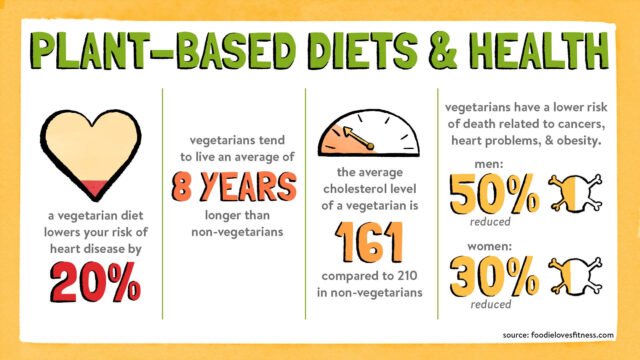
The only issue is that this kind of diet limits vitamin B12 and long-chain omega-3 fatty acids absorbed.
But more than dietary practices, veganism is concerned about ethics and environmental awareness.
Due to the widespread culture, veganism has started reshaping the industry. Consumers are looking forward to broader product ranges and meat substitutes with a better taste.
Read More: Reasons Why We Shouldn’t Switch To A Vegan Lifestyle
Trends Of The Vegan Revolution
Redefining Tastes
Consumers have searched for ‘vegan’ much more than ever before, and it has attracted three times more interest than ‘vegetarian’ and ‘gluten-free’ searches.
The acceleration of vegan dietary consumers is phenomenal. Veganism has expanded to the mainstream and is no longer confined to a niche.
This diet contains food based on fruits, vegetables, legumes, grains, and other seeds and health is of utmost significance for vegans nowadays.
Being extremely hard to maintain, some vegans turn towards partial veganism and opt for plant-based dairy alternatives like almond, soy, and rice milk.
Consumers have shown a significant inclination towards almond milk and therefore, its market value is estimated to rise above $5 billion by 2024.
Consumers of vegan diets look forward to reducing their eco footprints without having to give up on taste.
Food For The Privileged
Multinational giants have invested a lot in vegan diets.
McVegan burger in Sweden and Finland by McDonald’s turned out to be a huge success.
Impossible Whopper by Burger King seems enticing as well.
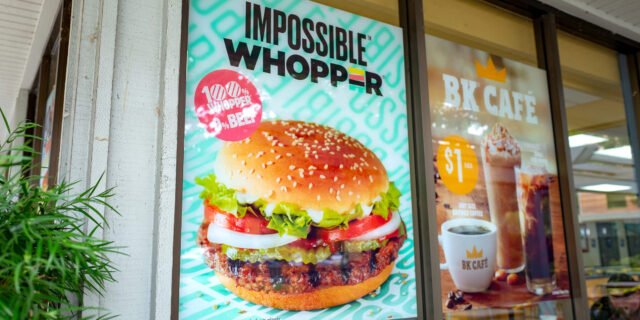
Unilever’s The Vegetarian Butcher has also left vegans intrigued.

Tyson Foods, famous for its chicken service, has also invested largely in veganism.
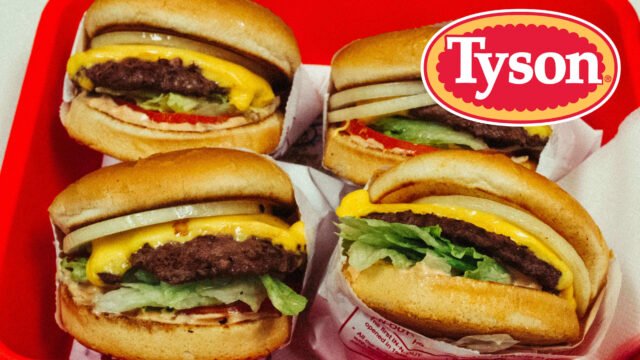
Impact On Agro-Production
A circular economy is what has led to the widespread and success of the vegan industry. Maximum use of plants is followed by a boost to the plant-based businesses that use all parts of plants and feed the remains to animals.
Agro farmers have been on the road to good fortune while cattle farmers, on the other hand, have faced quite a dull.
Technicalities In Veganism
Synthetic biology that has made avail the plethora of substitutes has come at the cost of disrupting natural biology.
What was once created naturally from the animal cell is now produced in labs using advanced technologies.
Data analytics and machine learning are two of the highly advanced technologies that have helped produce vegan dietary needs.
Because of this disruptive technological progress, we have a plant-based substitute for meat at our disposal, and that too, with a taste of high-quality.
Sustainability And Veganism
Even though veganism leads to a cruelty-free and eco-friendly lifestyle, there have been pieces of evidence to prove that it is not as sustainable as it seems to be.
Land availability is a challenge in itself, and when it is coupled with the ever-growing demand for dietary needs, veganism doesn’t seem like the best option anymore.
Being ethical is not enough. When it comes to efficiency, veganism is not practical. Mainly because the vegan diet renders natural resources underutilized.
The best dietary practice, with respect to the ever-growing demand for food and the ever-growing rate of consumption (population increase), is to add a little bit of meat, and dairy products into a vegetarian diet.
Image Source: Google Images
Sources: Link Fluence, Farrelly & Mitchell, PRNewswire
Find The Blogger: @evidenceofmine
This post is tagged under: trends, vegan, veganism, vegan culture, agriculture, agriculture market, Agriculture industry, millennials, vegan diet, diet, dietary habits, dieticians, vegans, healthy diet, eco friendly diet, ecological diet, ecology, lifestyle, vegan lifestyle, industry, food industry, vegetarian, vegetarianism, vegetarianism and veganism, vegetarianism vs veganism, plant based diet, plant based substitute, meat, meat substitutes, animal derivatives, animal derived products, meat, dairy, eggs, silk, leather, animal exploitation, exploitation, poultry, fish, animal slaughter, healthy lifestyle, saturated fats, cholesterol, micronutrients, vitamins, minerals, fibers, plant compounds, type 2 diabetes, diabetes, coronary heart disease, cancer, vitamin B12, omega 3 fatty acids, ethics, environment, awareness, culture, gluten, gluten free, fruits, vegetables, legumes, grains, dairy alternatives, partial veganism, almond milk, soy milk, rice milk, eco footprints, McVegan burger, McDonald’s, Impossible Whooper, Burger King, Unilever, The Vegetarian Butcher, Tyson Foods, circular economy, farmers, agro farmers, cattle farmers, synthetic biology, disruptive technology, sustainability, SDGs, natural resources




































